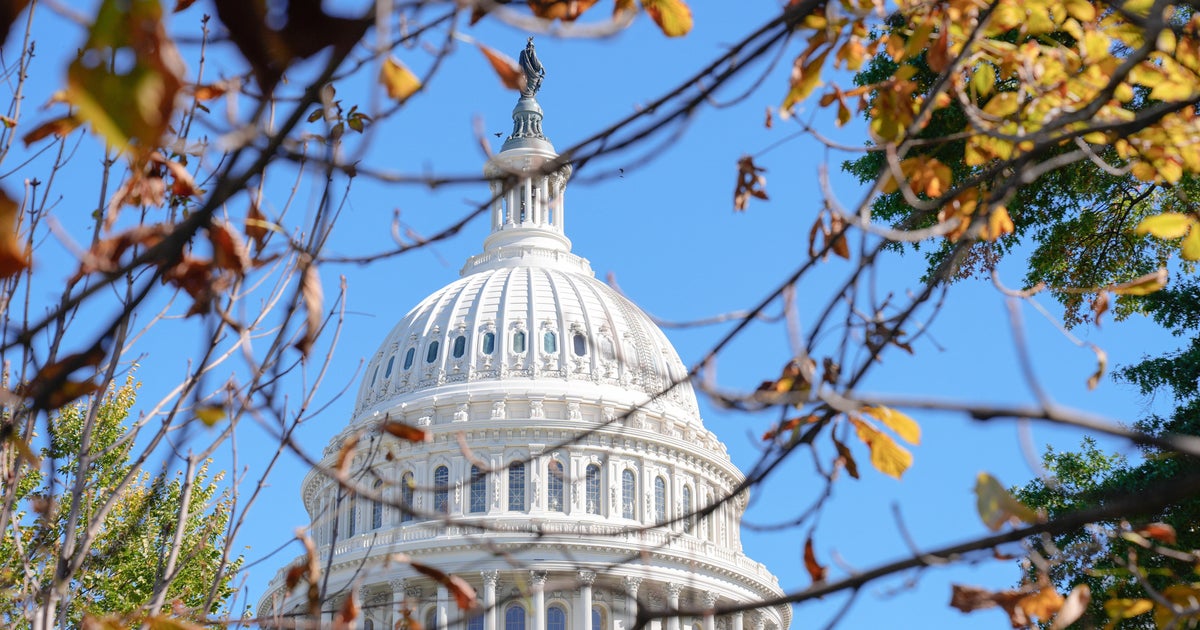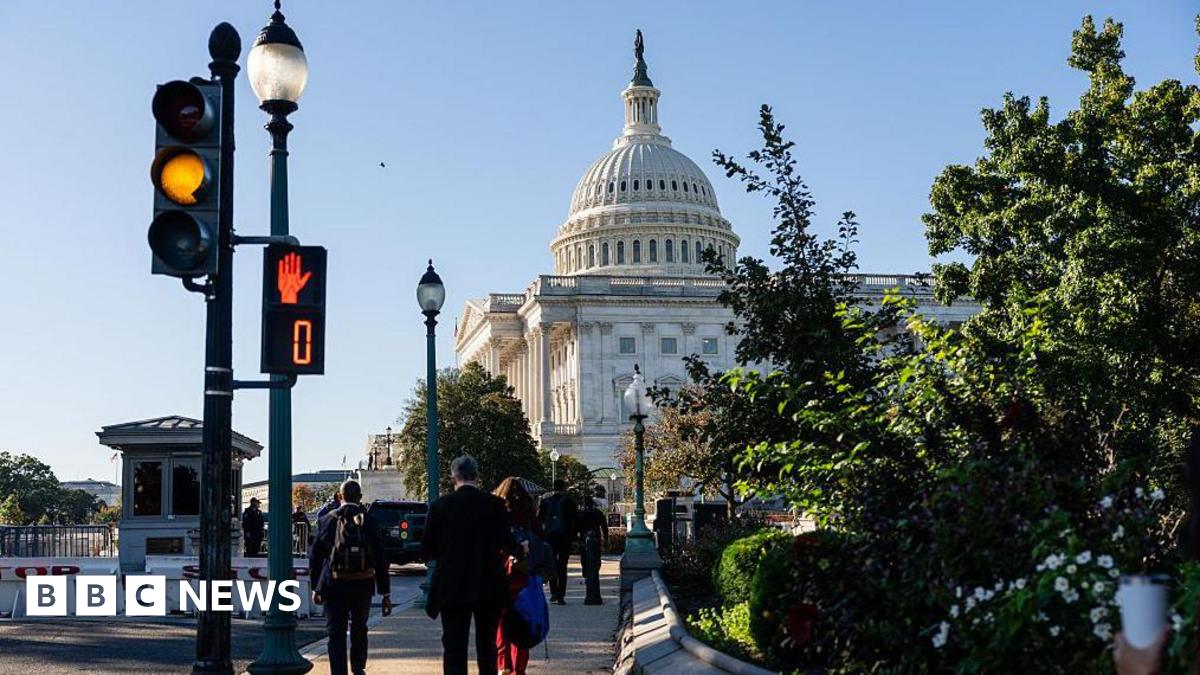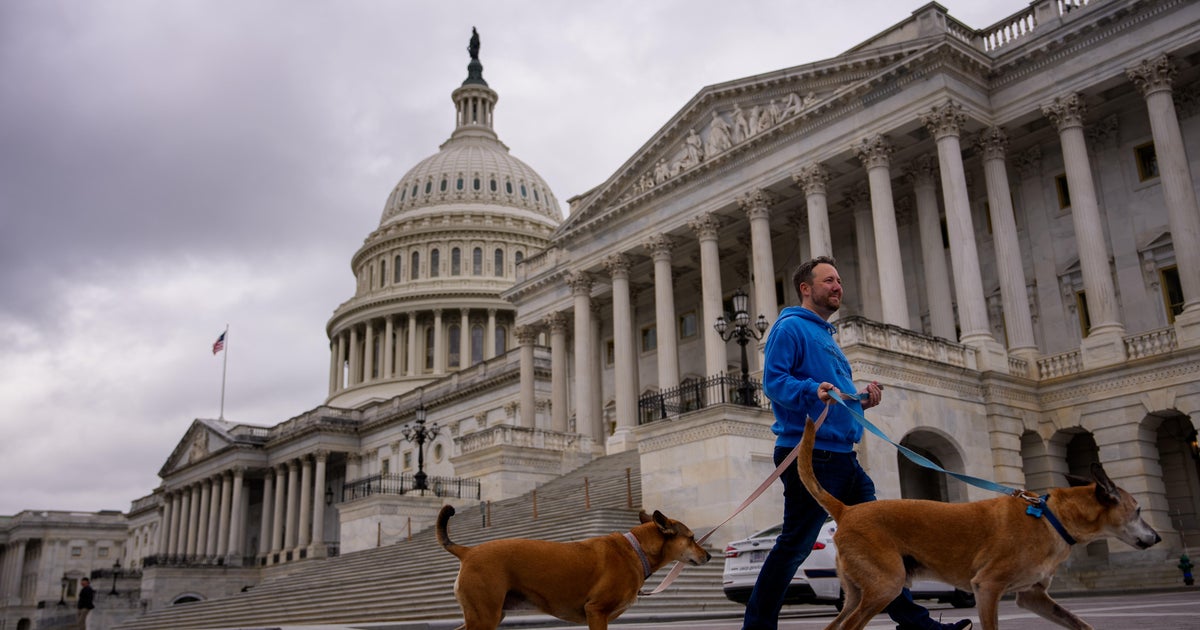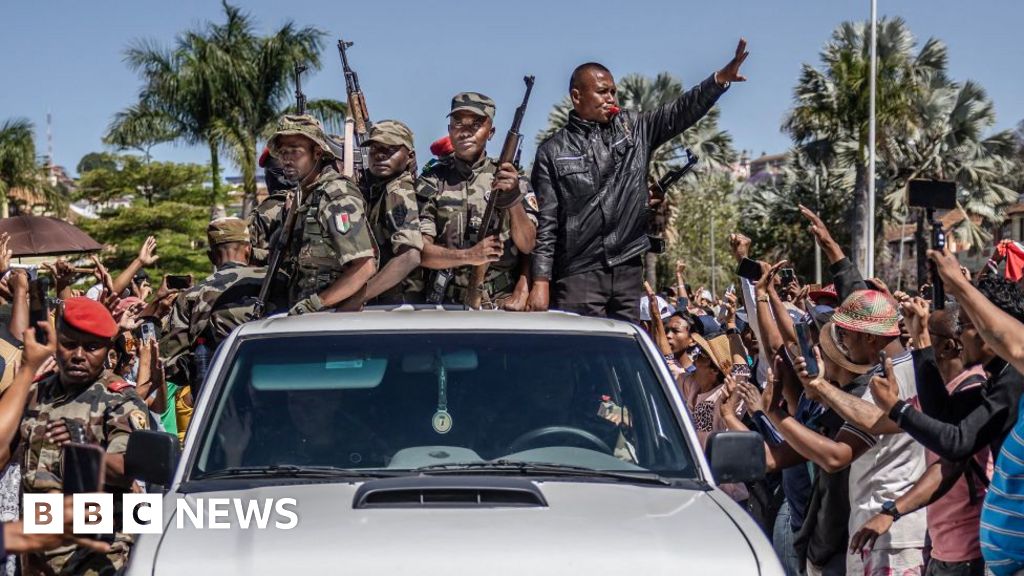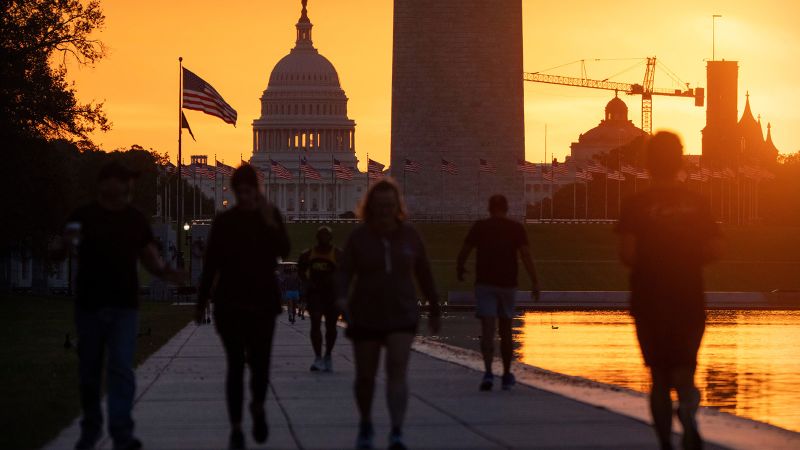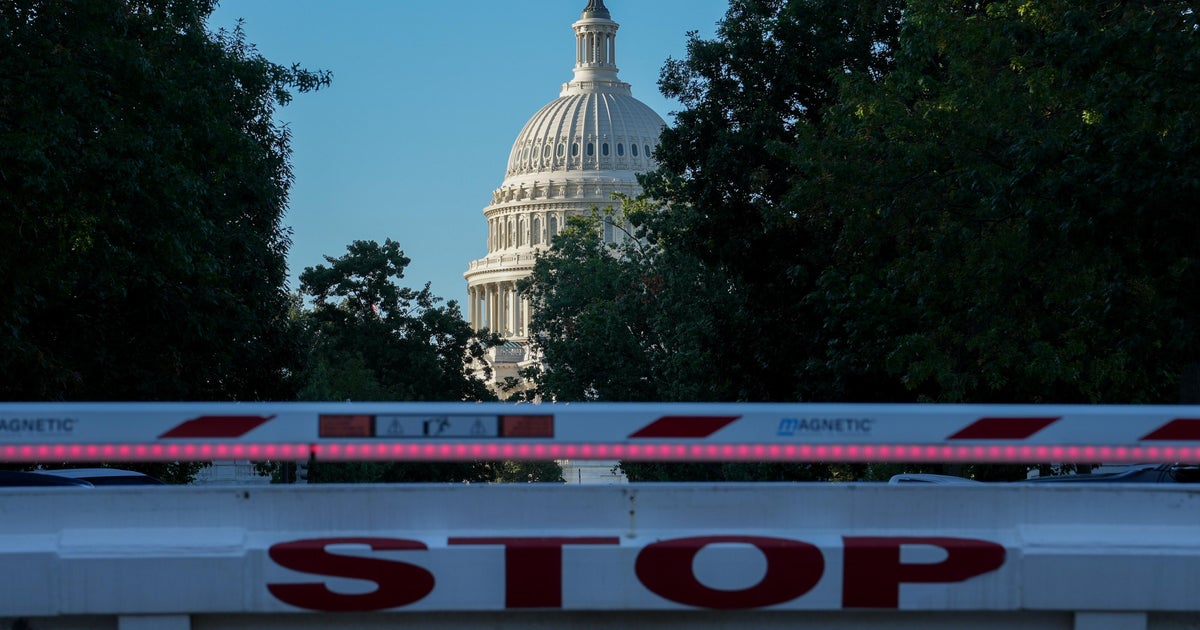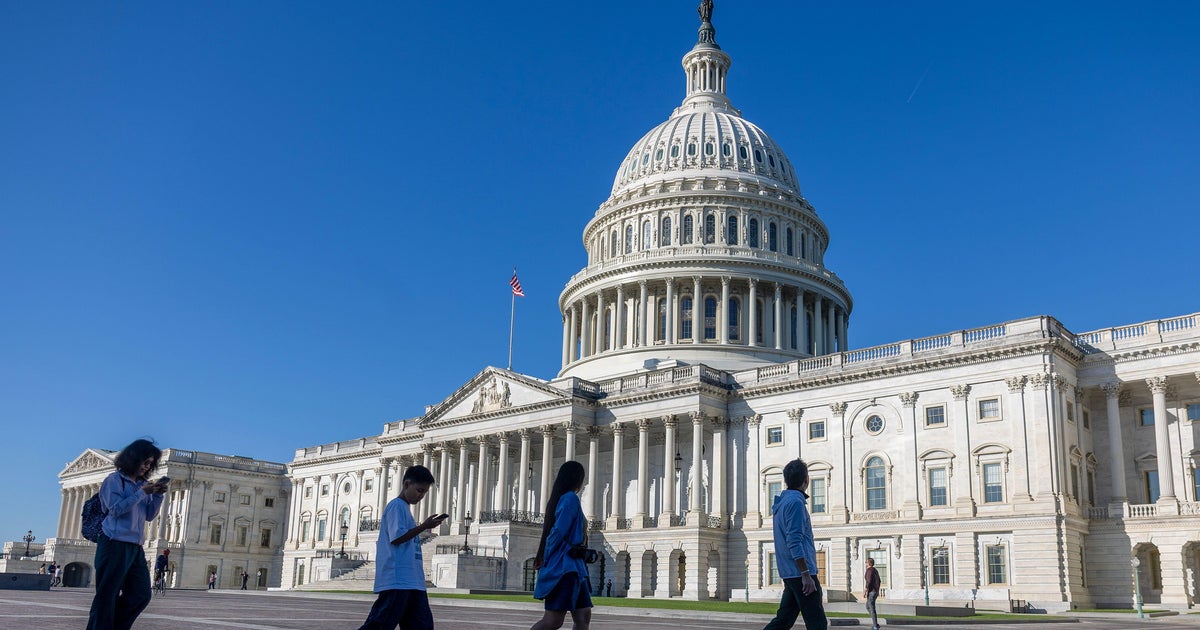Maduro's Warnings Meet Venezuelan Realities: Hunger and Survival Amid Crisis

Maduro’s Warnings, Venezuelans’ Realities
As President Nicolás Maduro calls on Venezuelans to prepare for a potential U.S. military confrontation, the government’s rhetoric echoes Cold War-era alerts, urging civilians to brace for the worst. Yet, for most Venezuelans, daily survival overshadows geopolitical tensions. With the economy barely a third of its former size and hyperinflation eroding purchasing power, the focus for families is not on hypothetical invasions but on securing the next meal[2][4]. The bolivar’s rapid devaluation—60% since August—means even basic imported foods are increasingly out of reach, and stagnant wages leave many struggling to afford a nutritious diet[2][4]. Government stipends and informal work barely cover essentials, while the price of a basic food basket now exceeds $500, far beyond what most can pay[4].
Priorities in a Nation in Crisis
Against this backdrop, political posturing feels distant from the lived experience of millions. Over 20 million Venezuelans endure multidimensional poverty, with inadequate access to food, medicine, and essential services[7]. While state media amplifies warnings of foreign threats, community kitchens and informal markets have become lifelines for those who simply hope to feed their families today[4]. The gap between official narratives and grassroots concerns has never been wider. For Venezuelans, the real battle is not on the horizon but at the dinner table, where economic collapse and policy failures have turned every meal into a struggle for dignity and survival[1][4].
About the People Mentioned
Nicolás Maduro
Nicolás Maduro Moros, born on November 23, 1962, in Caracas, Venezuela, is a Venezuelan politician who has served as the president of Venezuela since April 2013. He rose to power following the death of long-time president Hugo Chávez, initially becoming interim president and then winning a special election later that year. Before his presidency, Maduro was a bus driver and union leader, gaining experience as a labor organizer, and later held key political roles including speaker of the National Assembly and minister of foreign affairs under Chávez[1][2]. Maduro is a prominent figure of *chavismo*, the political ideology established by Chávez, and has been the leader of the United Socialist Party of Venezuela (PSUV). His administration has been marked by severe economic challenges, including hyperinflation, shortages of basic goods, and a collapse in public services, which have contributed to widespread social unrest and protests. Critics accuse his government of authoritarianism, human rights abuses, and corruption, while Maduro and his supporters attribute Venezuela's crises largely to international sanctions and external interference[1][2][3]. Internationally, Maduro's legitimacy has been contested, with numerous countries and organizations refusing to recognize his presidency following disputed elections in 2018 and 2024. His government is known for tight control over the economy and media, with reports of repression against opposition parties and independent press. In recent years, allegations of corruption involving Maduro's family and close associates have surfaced, including high-profile criminal convictions related to drug trafficking schemes linked to his inner circle[3]. Despite ongoing political isolation and economic hardship, Nicolás Maduro remains in power as of late 2025, maintaining his position through the support of Venezuela’s military and loyalist institutions, continuing to assert his leadership amid persistent domestic and international challenges[1][2][3][4].
